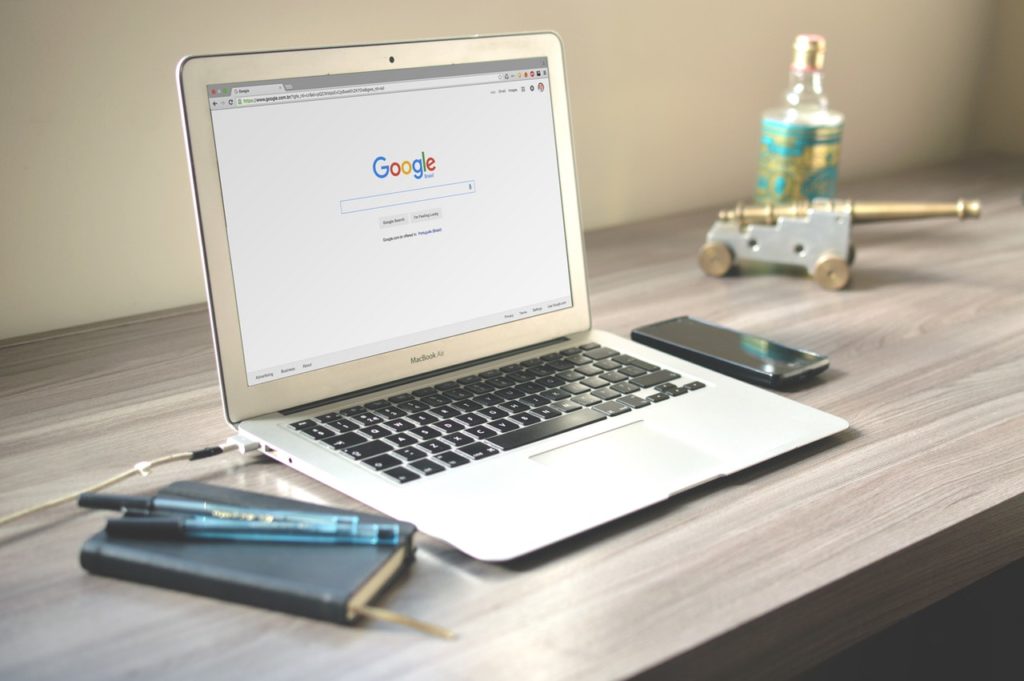
The Nofollow Conundrum
What’sthe best way for a software developer to fix any bugs that it creates in its own software? Simple… get the software’s users to report the issues. This crowd sources any testing (for free!), meaning the software developer doesn’t have to pay out for expensive and time-consuming user testing, plus it gets the bugs fixed faster, meaning more robust software that the software developer can sell at a premium. A great deal for all…
It turns out that the mega company we know as Google isn’t blind or deaf when it comes to these types of mass crowd sourced techniques, which is why in 2005 Google introduced the NoFollow directive. In plain language, this put the onus on website owners to mark any external links with rel=â€nofollow†when a link isn’t 100% trusted. Google hinted that websites would be penalised if this directive wasn’t followed, so of course many website owners were scared into using NoFollow for any external links.
NoFollow was originally introduced to combat comment spam, although NoFollow’s use evolved to cover any links which the website user could financially gain from. Again there were stern warnings from Google about allowing paid links which weren’t marked as NoFollow. NoFollow tagged links were an absolute directive, telling Google that links were not to be used in ranking for any particular page.
At the time of NoFollow’s introduction, many just blindly followed Google’s instructions and marked links with NoFollow, although there was a very vocal minority who rightly were a bit peeved at having to do Google’s work for free. After all… Google caused the problem of link spam by putting link equity at the top of their ranking factors, creating a thriving spam industry!
The Evolution of NoFollow
Fast forward to 2019 and now we have a new directive from Google… We are now being asked to mark our links in different ways, depending upon if that link is ‘sponsored’, ‘user generated’ or ‘not trusted’. The big difference is that Google are now saying that they will treat these tags as hints and won’t automatically follow these directives, whatever we use on our links.
From https://webmasters.googleblog.com/2019/09/evolving-nofollow-new-ways-to-identify.html
rel=”sponsored”:Â Use the sponsored attribute to identify links on your site that were created as part of advertisements, sponsorships or other compensation agreements.
rel=”ugc”:Â UGC stands for User Generated Content, and the ugc attribute value is recommended for links within user generated content, such as comments and forum posts.
rel=”nofollow”:Â Use this attribute for cases where you want to link to a page but don’t want to imply any type of endorsement, including passing along ranking credit to another page.
Now for those of you like me who are perhaps a little bit cynical about Google’s intentions here, you may be wondering where your incentive is to spend valuable time doing free work for a multi-Billion dollar company and as it turns out, there really isn’t one. Google won’t be enforcing the new directive and it appears that those who run websites for their own business won’t gain anything from the changes. Add this to the fact that many in the online marketing industry are very distrusting of anything that comes out of Google central and you need to ask yourself… why bother? After all, a dig into any server log will show you that even before this change, links marked with rel=â€nofollow†were definitely crawled despite the NoFollow tagging. Why would a company bother to spend crawl resource when the information gained from that crawl isn’t used for anything?
This latest move by Google has got many people in my industry questioning the motives of the Planet’s biggest search giant and wondering why time should be spent on such a thankless endeavour.
Perhaps Google and the future of our precious online resources would be much better served if Google stopped putting so much of an emphasis on external links as a ranking factor and started listening to common sense?
Page content quality should be the overriding ranking factor, if Google took the view that all external linking is potentially nefarious then we can get back to the original principles of the World Wide Web as an information sharing resource, putting link spam to bed forever.
Come on @Google… do the right thing. Forget your shareholders and remember your own motto “Don’t Be Evilâ€. We’ll all feel better if you do!
David Fairhurst
Head of eCommerce
Intelligent Retail
https://www.intelligentretail.com
David has been involved with Search Engine Optimisation and web development since 1999 and has spoken at many different retail and SEO conferences including Spring Fair and SES London